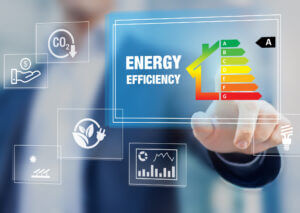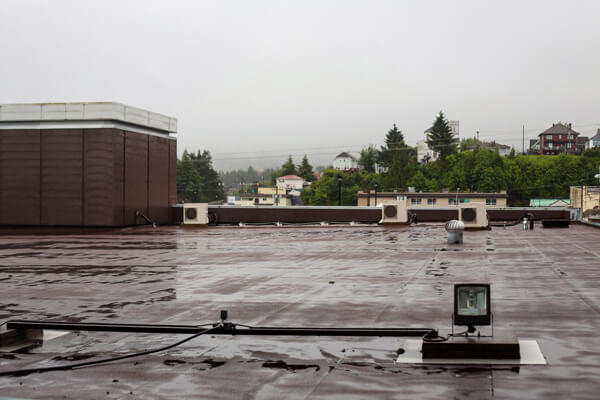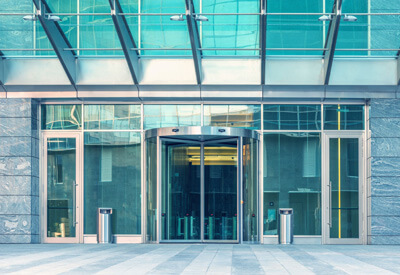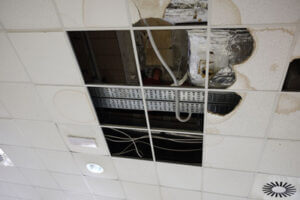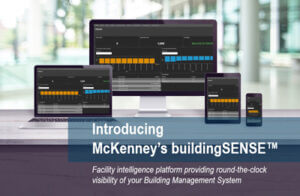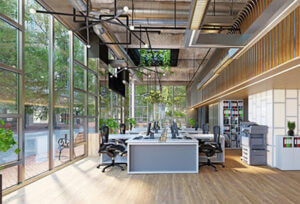What does LEED mean? According to the U.S. Green Building Council (USGBC), LEED is the most widely used green building rating system in the world. LEED stands for Leadership in … Read More
Protect Your Commercial Property from Heavy Rain Damage
As we move into spring, many areas of the country prepare for the possibility of strong storm systems to move through. Spring weather is unpredictable and often volatile. The temperature swings back and forth between warm and cold. When these different air masses collide, this can result in violent thunderstorms often producing heavy rains. This is the time of year to take preventive measures to ensure your commercial property is protected against damage that can happen when heavy rain occurs over a short period of time.
Site Monitoring Solutions for Commercial Properties
Site Monitoring solutions enhance the performance of a building’s various systems to ensure the building is safe, comfortable, secure, and energy efficient. Intelligent data-enabled automation and controls means that HVAC, lighting, security, and surveillance can be integrated on a single platform to enable facilities managers to make informed decisions.
Energy Assessments Point the Way Toward Operational Improvement
Energy usage can account for one-third of a commercial building’s operating costs. Integrating energy efficient strategies can lead to reduced energy use and operational improvements and savings. Regular performance reviews and … Read More
The Cost of Building Neglect
Commercial building maintenance is an ongoing task. It may seem like a chore, but problems don’t usually go away on their own. In fact, they may only worsen over time. Regular building maintenance and inspections enhance the performance of the systems, minimize downtime, and reduce costs.
Introducing McKenney’s buildingSENSE
Information is great. Knowledge is even better. Every facility has an abundance of information that can be gathered, analyzed, and leveraged for more energy-efficient operations. But you need to know where to look for it and—more importantly—what to do with it.
Five Common Commercial Plumbing Problems
In contrast to residential systems, commercial plumbing systems are under much more pressure and are often subject to heavy use, making them more prone to break down. If dealt with quickly, minor issues are likely to be easy to resolve. If plumbing repairs are postponed, the resulting damage will likely lead to costly expenditures down the road.
Requirements for LEED Zero Certification
Launched in 2018, the LEED Zero certification is a relatively new designation in the building industry. To understand its meaning and implications, we should first examine the original LEED certification program. LEED certification has been a standard in the building industry since the 1990s. Environmentally conscious companies, architects and builders have sought to reduce the environmental impact of their facilities by building green. The U.S. Green Building Council (USGBC) is an independent non-profit organization that maintains a rating system called LEED (Leadership in Energy and Environmental Design). LEED is recognized worldwide as a symbol of sustainability achievement.
PLC vs. DDC: Choosing the Right Controls for Your Facility
Most buildings’ control systems utilize Direct Digital Control (DDC) technology to manage the output and actions of HVAC systems, especially in the commercial market. However, for the industrial market and other mission-critical facilities, Programmable Logic Controllers (PLC) are often a better, faster and more reliable option that should be considered.




